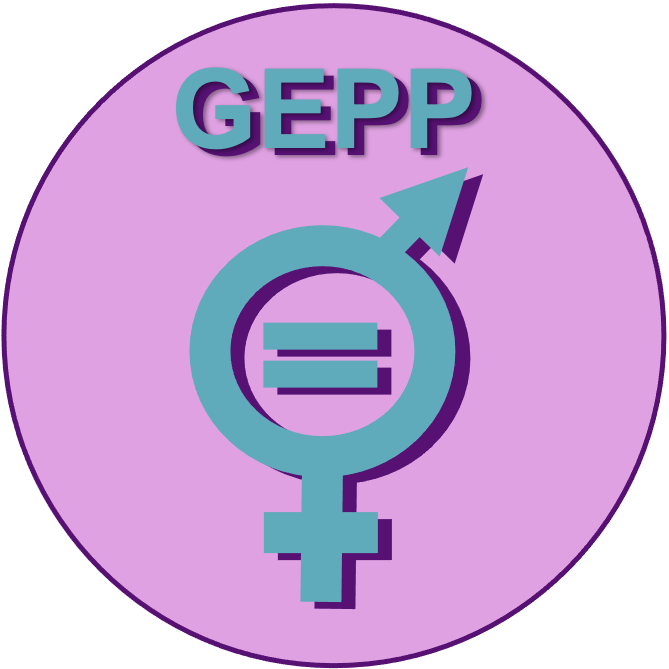A small group of GEPPERs have decided to propose a panel for ECPG next July (Ghent, 8-10 July) on the theme of business feminism. Please see draft panel proposal below. We are looking for contributors! If you would like to propose a paper, please email Susan (s.e.milner@bath.ac.uk) either with your initial idea or an abstract. Abstracts should be no more than 350 words and include 6-8 keywords. (Further instructions at https://ecpr.eu/Events/Event/Content?ID=1342&EventID=253) Please note that you must register with ECPG to propose a paper (but do not need to be a member) and you can propose up to 3 papers or panels.
Business feminism: symbolic or transformative change?
Panel organisers: Susan Milner, Sophie Pochic, Mari Teigen
Whilst acknowledging that feminism is broad and multi-dimensional, controversy surrounds the relationship between capitalism and feminism, and feminist scholarship is generally uneasy with forms of feminism which accommodate capitalism. Yet business feminism – defined here as the representation of women’s interests by women in corporations – is without doubt the most influential form of feminism in European states, shifting public policy approaches even in social-democratic regimes. Typically, as distinct from forms of liberal feminism which follow a rules-based approach, it is located on the self-regulation end of the regulatory spectrum, advocating networks, and voluntary targets and codes of practice. In feminist activism, tensions – reflected in academic discussions on state versus market feminism – exist about the possibility of working towards transformative change in difficult political conditions, where reversal of previous gains, backlash or threats to survival are increasingly likely, depending on national circumstances.
In this panel we examine the possibilities for transformative change within the dominant framework of business feminism. By comparing a series of national and sectoral case studies we aim to build conceptual understanding of the policy space in which business feminism operates, what business feminists see as legitimate (or illegitimate) subjects and objects of action, their relations with other organizations fighting for equality (trade unions, NGOs) and their transformative effects on equality public policies:
How does business feminism vary across national contexts (including EU level) in its gender knowledge? What/who is included and what/who is excluded?
How does business feminism understand intersectionality, and (under what conditions) can it facilitate intersectional claims to justice?
To what extent (and under what conditions) is the demand for gender-equal leadership (which research shows to be necessary but inadequate by itself to empower women collectively) linked to other dimensions of empowerment?
